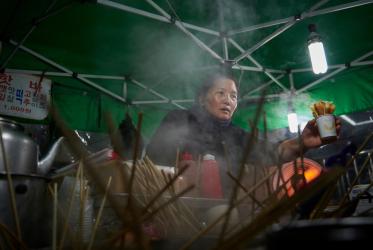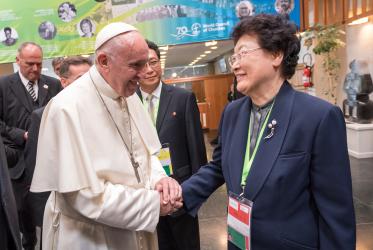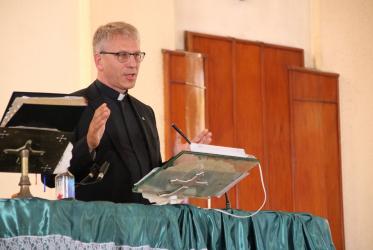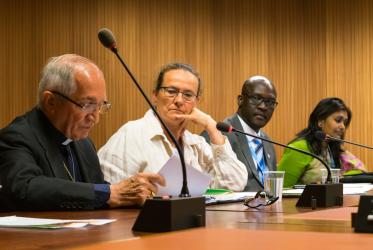In the wake of the Easter Sunday terrorist attacks in Sri Lanka, the Omnia Institute for Contextual Leadership, based in Chicago, lifted up points of hope that peace will win in the end. In a 25 April message, Shanta Premawardhana, president of the institute, wrote that every person of every faith of every nation deserves to wake up in peace. “Every child deserves to feel safe, welcomed, and alive to the promise that each day brings,” Premawardhana wrote. “I'm sure you know that this is why we build Interfaith Peacemaker Teams in Sri Lanka.”
29 April 2019






